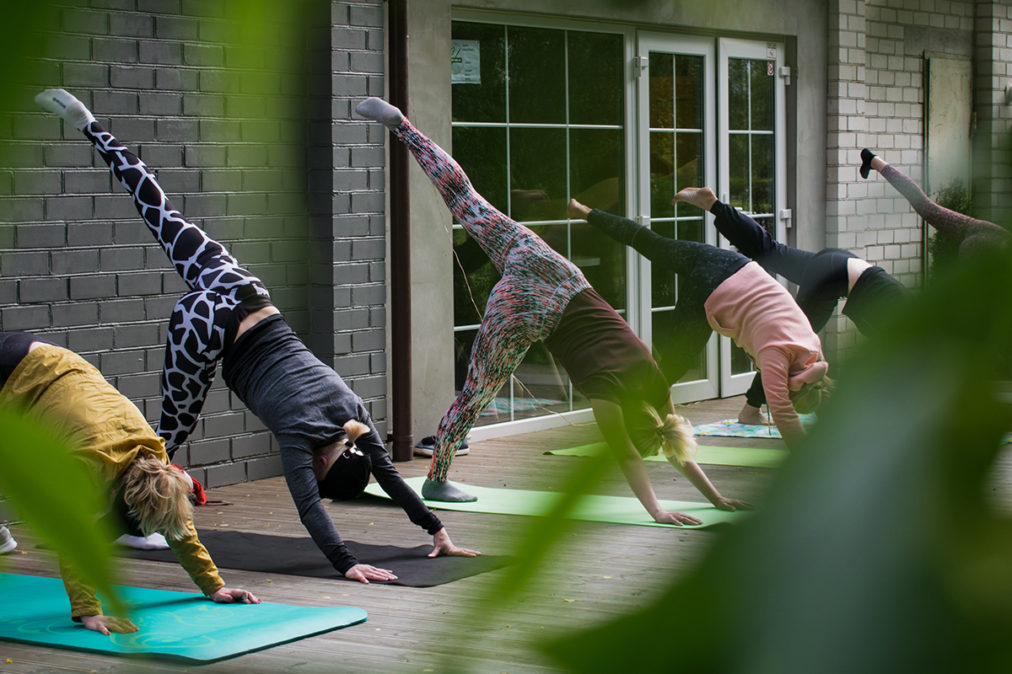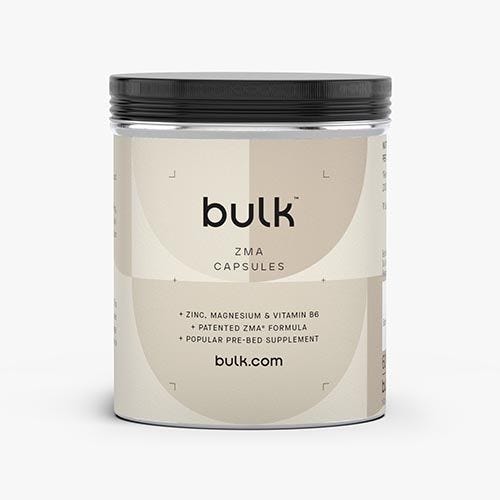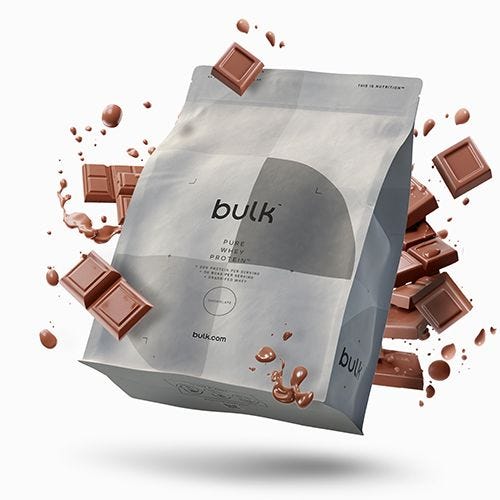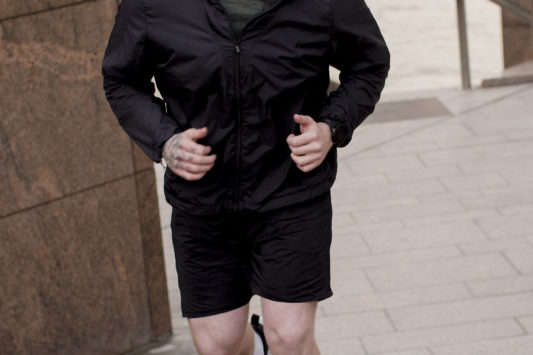With a volatile and ever-changing world, it’s easy to let concern for our health and wellbeing scatter with our circumstances. You’re just too busy, right? But this is more of a reason to place our wellbeing proudly at the top of the list. World Wellbeing Week provides the opportunity to monitor how we take care of ourselves and those closest to us.
It’s not easy, but the pandemic has revealed a capacity for change we never before thought possible. It’s brought with it perspective and time to reflect on the importance of general wellbeing. This article looks at five ways to nurture your continued and long-lasting wellbeing, including connection with others, consistent exercise and more restful sleep. But first, let’s take a look at the definition before we get into to the five ways to improve your wellbeing.
What is wellbeing?
Most people have an intuitive definition of wellbeing, and they’re probably right. But to give you a definition, WHO define wellbeing as, “a state of complete physical, mental and social wellbeing, and not merely the absence of disease or infirmity”. In other words, wellbeing is a step beyond wellness. It’s about being well, but also comfortable and happy.
1. Connect
Connection with others is a vital indicator of your wellbeing. Why? According to Maslow’s Hierarchy of Needs, besides food, water and shelter, love and belonging are the most important needs we must fulfil. Our desire for interpersonal relationships, intimacy and to be integrated into a group is primal. When these needs are met, our overall wellbeing improves and we live a more happy, fulfilled life. What’s more, the 2021 World Happiness Report discovered that people who experienced an increase in connections with others during the pandemic had greater life satisfaction and better mental health.
And the only one who can make it happen is you. If possible, push yourself outside of your comfort zone to develop and nurture relationships with friends, family, neighbours and colleagues. It doesn’t take much. A catch-up over coffee, an evening phone call or even a direct message are all powerful, whether you’re reigniting old friendships or curating new ones.
2. Exercise
We’re stating the obvious by saying exercise is good (incredible) for you. But to be specific, exercise improves mental health by reducing anxiety, depression and negative mood, as well as increasing self-esteem and cognitive function [1].
Despite this, many people still find it difficult to exercise consistently. Although certain types of exercise may be more optimal, finding one that you enjoy is more important. Whether it’s a training programme for the gym to build muscle, an aerobics class or weekly casual sport, make sure you can see yourself turning up week in, week out. If consistency is the goal, enjoyment is the key.
Food and nutrition are also key to improving your wellbeing. In the context of training, eating well is essential in facilitating your training and recovery process. High-protein foods are recommended to optimise exercise recovery and help keep you feeling full and sustained throughout the day.
3. Sleep
Studies have shown that even partial sleep deprivation can have a strong effect on next-day mood [2]. Participants who were limited to less sleep reported feeling more stressed, angry, sad and mentally exhausted. When they resumed normal sleep, they reported a dramatic improvement in mood.
And if your mood is lifted after a good night’s sleep, you’re more likely to be productive, make better connections and perform better during exercise. The latter has been shown to help facilitate a better night’s sleep, meaning the positive cycle can continue [3]. Put simply, a good night’s sleep has numerous benefits that contribute to your overall wellbeing.
4. Give
It’s not uncommon to hear people say that giving gifts feels better than receiving them. But is it actually true? Well, giving has been linked to the release of oxytocin, a hormone that induces feelings of warmth, euphoria, and connection to others.
But that’s not all. Studies suggest that people who provide social support to others tend to have lower blood pressure, suggesting a direct physiological benefit to those who give their time, effort and attention to others [4].
Giving isn’t just about buying material items for others (although that can be fun and has the same effect), it could also involve volunteering within your community, or for a larger organisation or charity. We are hard-wired with the desire to be useful, so spreading your good intentions to others is a fulfilling way to spend your time and release those happy hormones.
5. Learn
Learning not only boosts our self-confidence and self-esteem, but it also garners a sense of purpose, and can even foster further connection with others. People engaged in learning tend to feel better about themselves and experience a greater ability to cope with stress, as well as feeling more self confident, hopeful and purposeful.
The positive effect learning has on our wellbeing can be attributed to how setting goals and working towards them gives a sense of purpose, and a feeling of steady, certified achievement. In other words, it’s fun. It keeps us curious. It keeps our brain firing.
Learning isn’t restricted to going back to school. There are countless resources out there that can light your spark, getting you excited and curious to discover more. The joy of learning is a beautiful thing and something we all deserve to feel. So get exploring. Find something that makes you feel excited to learn and practise, whether it’s a new topic, an instrument or hobby.
Are you working on connecting with others? Or perhaps you’re focusing on sleep and exercise instead. We believe in sharing, and we’d love to know what your priorities are for World Wellbeing Week. For workouts, training and nutrition tips, check out @bulk and join our community of fitness lovers and foodies. Tag #TeamBulk to get involved.
Related articles
Want to see more general health-related content? We believe that every person, with support, has the right to transform their lives through fitness. That’s why we’ve put together hundreds of articles with expert advice, all to help you on your fitness journey. From sleep to mental health, see our other health and wellbeing articles.
Natural sleep aids Benefits of a good nights sleep
Pre-bed protein Top supplements for wellbeing
Why is recovery so important? Supplements that help with sleep
Gym for mental health Vitamins for energy and tiredness
Best exercises for mental health Best vitamins for tiredness




















